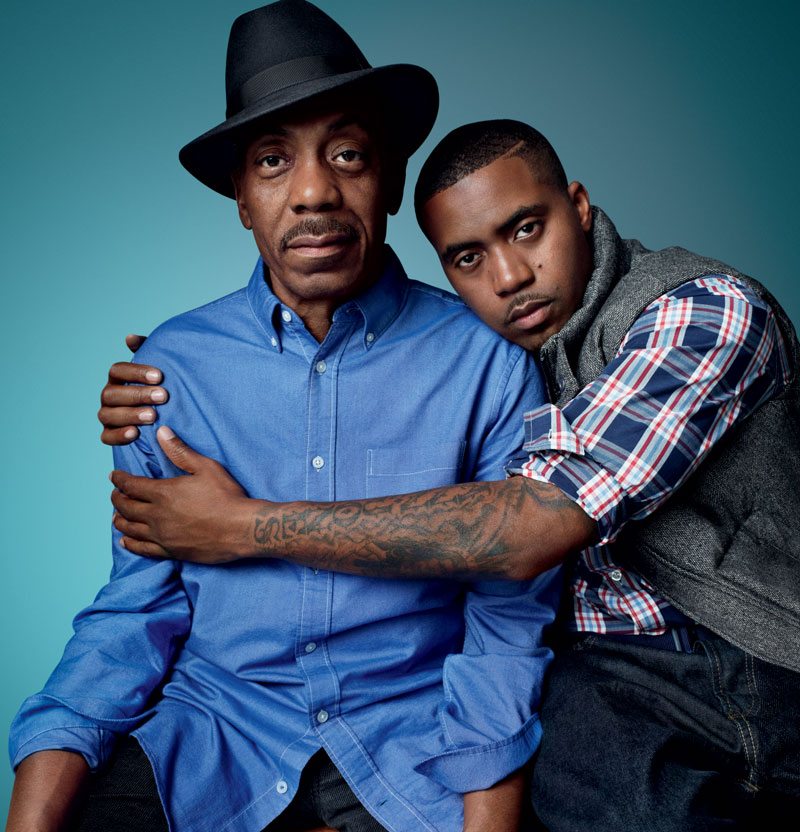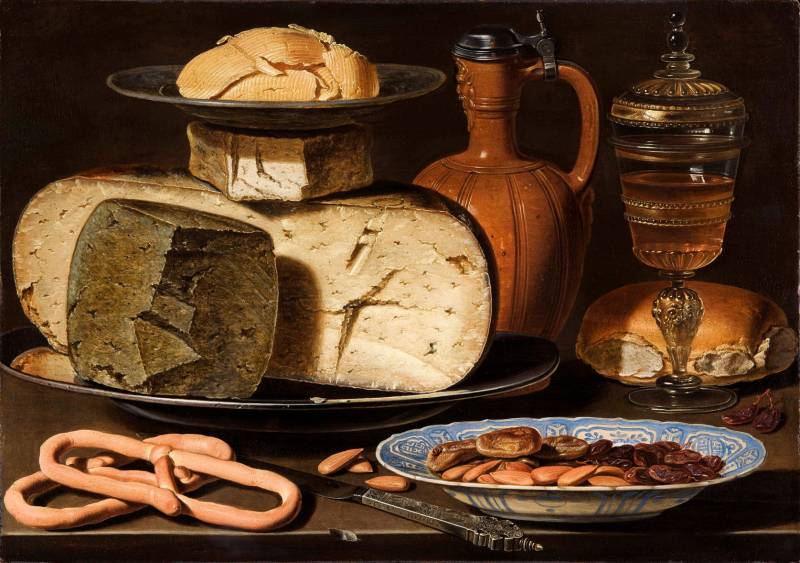Today in 1996, Nas released his second studio album, It Was Written, a project that not only solidified his place in hip-hop but also quietly bridged the sonic worlds of Black America and Africa. While much has been said about the lyrical prowess of Nas and the cinematic production that defined this album, what’s often overlooked is the deep ancestral thread woven into his identity — a lineage that subtly connects the Bronx mic to African soil.
Nasir Jones, better known as Nas, is the son of Olu Dara, a Mississippi-born jazz musician whose name, unmistakably Yoruba, means “God is good.” That’s no coincidence — it’s heritage. Olu Dara didn’t just give Nas his DNA; he gave him a name that whispers of African royalty and ancestral purpose. At a time when hip-hop was evolving from raw street stories to global consciousness, It Was Written arrived like prophecy. After Fela Kuti's sonic rebellion and Pan-African resistance through music, Nas was one of the first mainstream American rappers whose very name reminded the world: “We’ve always been here.”

Read Also: Uphorial Sweatshirt

Released on July 2, 1996, It Was Written came during a tense period in hip-hop history — East Coast vs. West Coast beef, Biggie’s rise, Tupac’s fire, and the commercialization of rap. Yet Nas took a bold step. He moved away from the raw, minimalist boom-bap of Illmatic into a more cinematic, mafioso-styled storytelling mode. He was no longer just documenting Queensbridge; he was narrating like a prophet — and prophets don’t speak without purpose. Tracks like “If I Ruled The World” featuring Lauryn Hill expanded his reach, but also carried undertones of Black power, redemption, and spiritual revolution.
This wasn’t accidental. Nas was writing scripture, and he titled it accordingly — It Was Written. There's something deeply biblical and African about that statement. Oral tradition, griots, and the written word are all sacred in African culture. And with every bar, Nas positioned himself as a vessel, channeling something older, deeper. Lines like “Born alone, die alone / No crew to keep my crown or throne” echoed ancient sentiments of divine kingship and solitary spiritual journeys — reminiscent of the great African warriors and thinkers. And still, many missed it. The streets heard the bars. The critics debated the shift in style. But the root — the root was Olu Dara. The African bloodline. The spiritual residue of ancestors who survived the Atlantic and birthed musical sons in Harlem, Queensbridge, and the Mississippi Delta. Fela Kuti shouted in defiance with horns and chants. Olu Dara whispered with saxophones and spirit. Nas spoke it all into existence with a mic in his hand and Africa in his name.
We often talk about representation like it’s a trend. But Nas’s existence, It Was Written, and even his very name are reminders that we never needed permission. We've always been here. Hidden in plain sight. Speaking truth in code. Wearing African names and telling African stories, even when America wasn’t listening. Before Black Panther, before Afrobeats became a global force before everyone wanted to “go back to the Motherland,” Nas was in the booth — young, gifted, Black, and already home. As we reflect on the legacy of It Was Written, 28 years later, let’s go beyond the platinum plaques and critical debates. Let’s remember the name. Nasir. Olu Dara. This was never just about music. This was reclamation. A call from the ancestors. And now, more than ever, the world is finally hearing what was written all along.



